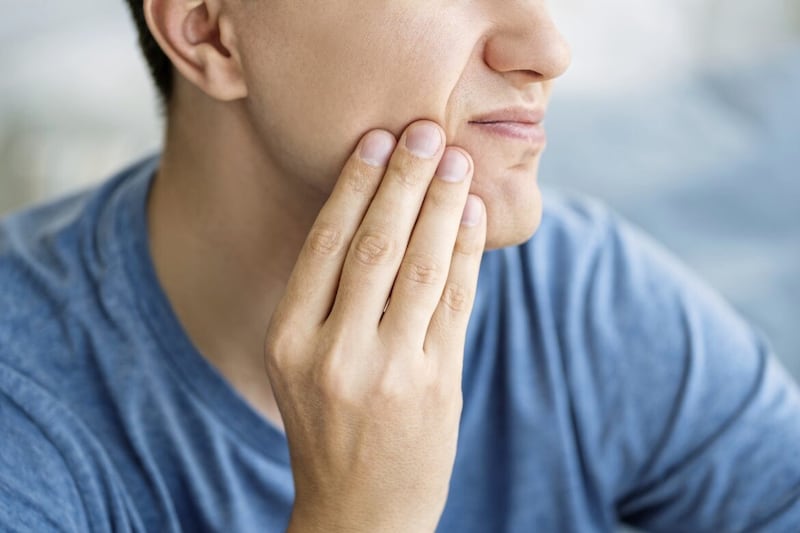HEARTBREAKINGLY, 13-year-old Rosalie Avila, a Californian schoolgirl, hanged herself in November 2017 due to a five-year-long campaign of bullying. Her distraught father, Freddie, recalled how his daughter said: "They’re calling me a whore. They’re telling me that I have herpes and other bad stuff.”
Freddie added: “They made fun of her teeth, everything about her. And she left a bunch of notes. They called her ugly and she had ones of her looking in the mirror saying, ‘Ugly.’ Everything they told her, she believed.”
Although Rosalie's actions were extreme, she is not alone in being singled out by bullies due to teeth.
According to a study published in the American Journal of Orthodontics and Dentofacial Orthopaedics, unattractive teeth are linked to bullying especially among 11-to-12-year-old children. The study found that more boys reported being bullied than girls. The percentage of students subjected to name-calling was 40.9 per cent.
In the study a greater proportion of victims of bullying reported playing truant from school and disliking school than those who were not bullied. Teeth were the number one feature targeted for bullying, followed by strength and weight. The three most commonly reported teeth/face features focused on by bullies were spacing between the teeth or missing teeth, shape or colour of the teeth, and upper front teeth sticking out.
In the early teen years our teeth are going through a period of extensive change where the adult teeth are slowly drifting into position and our jaws are growing. Since adult teeth remain the same size throughout our life, it's as if our heads have to play catch-up until the proportions look balanced. So during adolescence it’s not surprising that more people get bullied due to their looks.
If you suspect that your child is being bullied about their teeth the first thing to do is listen. The NSPCC advises parents and carers to let children tell their story in their own words, and not to dismiss their experience as "just a part of growing up”.
Consult your dentist; there are early intervention braces that can help to improve not only the position of teeth but also positively enhance the growth of the facial bones to give better jaw alignment.
On the other side, speak with your children about other people's physical appearance to promote the concept of acceptance and tolerance. If you are concerned about your child being bullied Parenting NI, Kidscape and NSPCC all have support services that you can contact.








